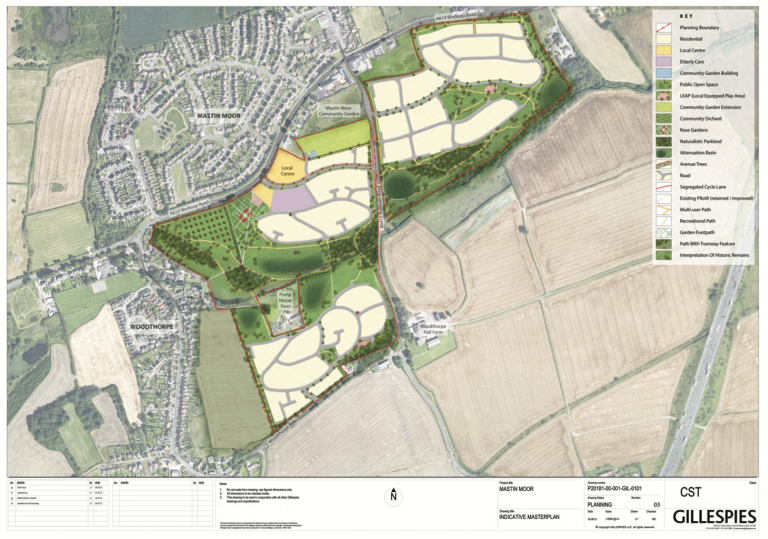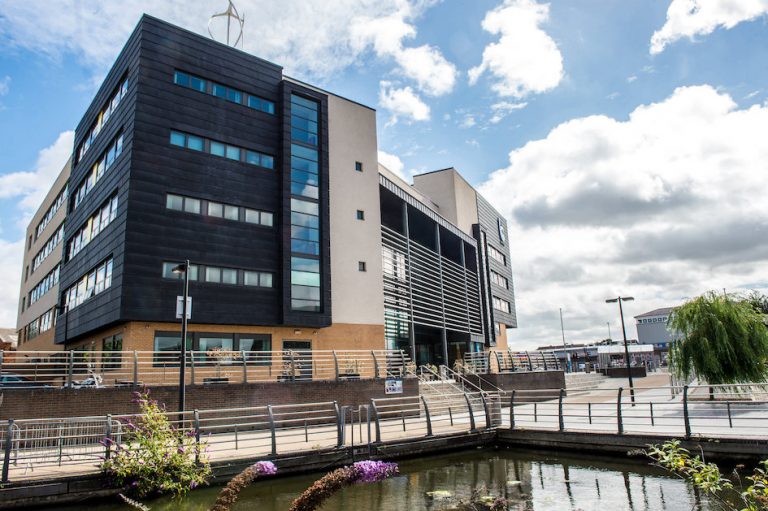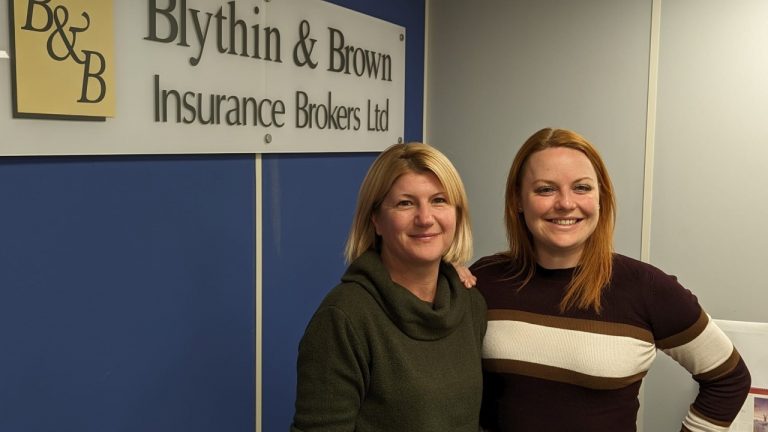Greg Simpson, founder of Press for Attention PR, recaps some PR magic.
Admit it, we’ve all been there.
The last knockings of the chocolate box over Christmas (anytime in December in my house) are being prodded listlessly as you attempt to “force” down just one more sweet treat.
The Purple one has vanished, the Green Triangle has found its inner Bermuda and disappeared.
Then lo, underneath all the detritus that litters the bottom of the tin, a few stragglers strive to break the surface, their little shiny wrappers glinting in the sunlight as they make a break for it.
It feels tropical, you can almost smell the…oh no…
the Coconut! However, what’s this? It appears that for many* hope is kindled…they’ve only gone and BANNED the Bounty one!
This SHOCK omission made headlines for days with global media outlets featuring the story with huge enthusiasm and fun, knowing full well that they were giving invaluable column inches, clicks and airtime to a superbrand with enough marketing budgets to PAY for this.
Why? Simples…engagement.
Let’s recap what happened here.
The maker of Celebrations chocolates let it be known that they would be removing Bounty bars from SOME tubs after finding 40% of people HATE the coconut-flavoured treat.
They confirmed that they will supply a limited run of “No Bounty” tubs which would be available at 40 Tesco stores in the run-up to Christmas.
This isn’t the first time these guys have leveraged the Love/Hate angle either. Last year they announced a Bounty Return Scheme allowing a swap with Maltesers. Genius!
What is even cleverer is that they have caused more outrage by limiting the availability.
People are now annoyed about not being able to access the Bounty-free tins if they don’t live in the chosen areas. The scarcity message is so clever. Fans will flock and even non-fans will have a little look when comparing which choc tubs to buy.
So they are now moaning on Twitter and fuelling the PR fire beautifully.
“Wispa” it…but my money is on the Bounty-free tins being far more widely available due to consumer demand pretty sharpish (EC column deadlines dictate that I cannot say for sure).
That will give them ANOTHER great PR opportunity. Hats off to the team behind this!
Even if they don’t roll this out, Bounty WILL be available to pretty much everyone across the UK (whether they like it or not!).
Meanwhile, Piers Morgan (no stranger to me after I appeared on the same bill as him a year or so ago) labelled it as a “diabolical decision” to his 8 million followers, whilst Lorraine Kelly expressed her indignation to her huge national TV following.
PR GOLD! The secret sauce here is being talked about.
That is basically what PR is. If you are planning something like this, you have to take yourself OUT of the conversation as a marketer and metaphorically stand on the edge of the group.
Ask yourself; “Will this get our audience talking about us?” – in a good way that is.
That is what journalists think all the time too. “Will this story inform, entertain, stir, move, annoy, enlighten” our readers/viewers?
In basic terms, will this raise eyebrows and sell copies and clicks?
Christmas is coming and only time will tell whether there will be a mutiny on the Bounty. Either way, PR celebrations are in order!
*This is the key, not EVERYONE has to agree. In fact, ideally, this is what you want. You want a fight. Or as the media will term it, ‘engagement’.
A former business journalist, Greg Simpson is the author of The Small Business Guide to PR and has been recognised as one of the UK’s top 5 PR consultants, having set up Press for Attention PR in 2008.
He has worked for FTSE 100 firms, charities and start-ups and conducted press conferences with Sir Richard Branson and James Caan. His background ensures a deep understanding of every facet of a successful PR campaign – from a journalist’s, client’s, and consultant’s perspective.
See this article in the December edition of East Midlands Business Link Magazine here.












